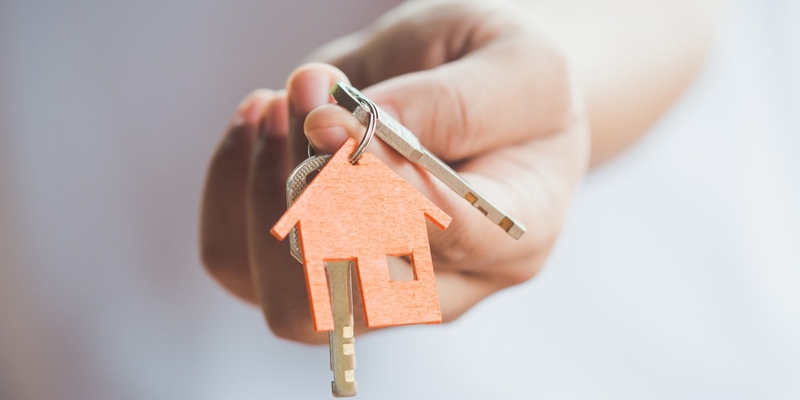
If you are not redirected within 30 seconds, please click here to continue.
Samedi: 10h – 16h HAE

If you are not redirected within 30 seconds, please click here to continue.
If you are not redirected within 30 seconds, please click here to continue.
What Is the Difference Between a Vacant and Unoccupied Property?

- In general, a vacant home is one that has been emptied of furniture and is unattended for more than 30 days.
- An unoccupied or uninhabited home is one that is temporarily unoccupied, and which has most of its utilities and appliances still functioning.
- Keep in mind the longer a dwelling is left unattended, the greater the risk is for something to go wrong, resulting in damage or loss.
If you leave your home for an extended period, how does it affect your home insurance coverage?
While the definitions of what a vacant and unoccupied home or property varies between insurers, in general, a vacant home is one that has been emptied of furniture and is unattended for more than 30 days. It’s frequently referred to as the “30-day rule”, and if the dwelling is unoccupied for more than 30 days, your existing coverage may be cancelled by your insurer even if you’re paying your monthly bill on time.
To avoid that scenario, you need to contact your broker or insurer in advance to let them know you won’t be in the home for more than 30 days. To maintain your coverage, you might need to tack on an endorsement to your existing policy if it doesn’t already include coverage for a vacant home.
An unoccupied or uninhabited home, meanwhile, is one that is temporarily unoccupied, and which has most of its utilities and appliances still functioning. That means it can be inhabited at any time. The difference is an unoccupied home is one that you will return to, whereas a vacant home is one you will not.
Don't waste time calling around for home insurance
Use RATESDOTCA to shop around and compare multiple quotes at the same time.
Finding the best home insurance coverage has never been so easy!
Why would a home be vacant or unoccupied?
It’s not uncommon for homeowners to take extended absences from their homes. There are many reasons why you may be away from your place, including:
- You may be selling the home and have already moved into a new one.
- You may be spending time at a seasonal property you own elsewhere for a few months.
- You may have hired a contractor to do renovations to the house and cannot reside there while the work is underway.
- You may be renting an available property that has no occupants presently.
It’s important to keep in mind the longer a dwelling is left unattended, the greater the risk is for something to go wrong, resulting in damage or loss. For instance, if there’s a water leak that damages the home, a pest or rodent infestation, or if it is burglarized.
How to protect your property while you’re away
Whether your home is vacant or unoccupied, consider taking these steps to protect it:
- Ensure all windows and doors are locked.
- Think about putting the lights in the house on a timer to give the impression someone may be at home.
- Cover your windows with curtains or blinds.
- Keep your front and backyard neat.
- Shut off the water supply if necessary.
- Have a trusted friend or family member check on the dwelling occasionally including collecting your mail and ensuring the appliances are in good working order.
- Have a home monitoring system installed to safeguard against break-ins.
Keep your home insurance provider or broker informed of any changes to the status of your property and ensure you’re completely covered.
Get money-saving tips in your inbox.
Stay on top of personal finance tips from our money experts!










